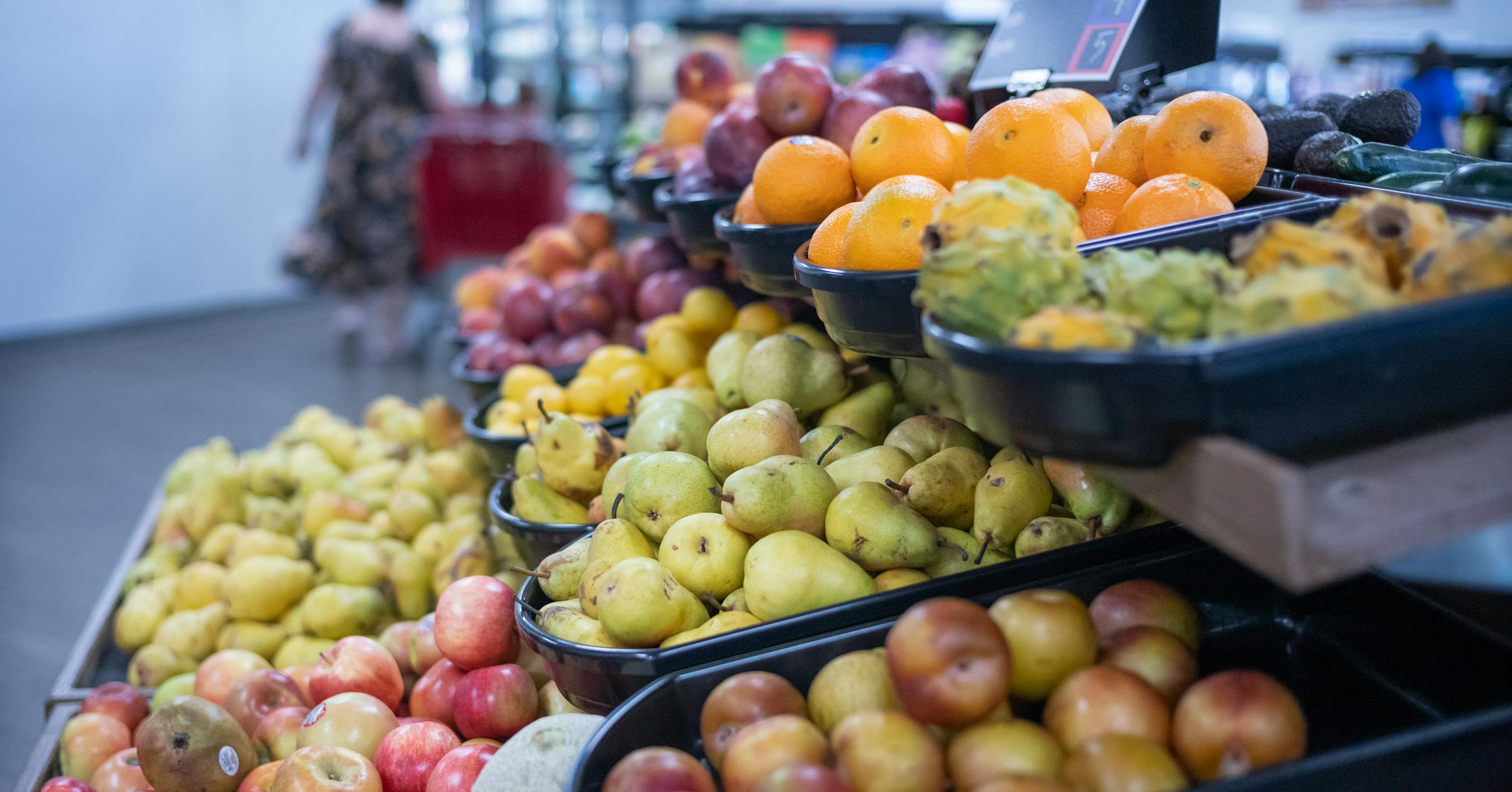Copyright trinidadexpress

With the presentation of the 2026 budget, themed “T&T First: Building Economic Fairness through Accountable Fiscal Policies”, our nation has been offered a clear signal of direction. The recently published statement shows revenue is projected at TT$55.37 billion with expenditure of TT$59.23 billion, yielding a deficit of around TT$3.87 billion (approximately 2.17% of GDP). This reflects an attempt at fiscal prudence despite the challenges of a declining energy sector base. From the vantage point of agriculture and rural development, the budget includes encouraging measures. Among them is the removal, effective January 1, 2026, of Value-Added Tax (VAT) on all machinery and equipment used explicitly for agricultural purposes, and on components for hydroponic and greenhouse farming. Customs duty is also removed on feed for poultry, cattle and pigs. These reforms are designed to strengthen the supply side of food production, reduce dependence on expensive imports, and open room for agro-processing growth. Importantly, the budget also allocates $1.13 billion to the agriculture sector for fiscal 2026, up from previous years, signalling a renewed prioritisation. Coupled with the “3-Year Priority Commodities Programme” (which targets high-demand crops, youth participation and climate-resilient farming), the sector appears poised for meaningful reform. I note the Minister of Agriculture’s recent reference in the Standing Finance Committee to new citrus varieties genetically selected for longer shelf life and improved yield; a full implementation plan will determine whether this promise becomes tangible for farmers across our islands. Education and technology also receive good attention in budget 2026. The Government has reaffirmed its commitment to distributing laptops to Form One students, an essential step in bridging the digital divide and equipping our younger generation for a knowledge-economy. Meanwhile, the decision to reduce the price of “super” gaso-line by $1 per litre and to deliver a 10% salary increase for public servants are meaningful measures intended to support working-class households and stimulate local demand. The agriculture reforms, though promising, must be followed by investments in infrastructure (irrigation, cold-chain, rural roads), extension services, and market access if they are to translate into higher productivity and reduced food importation. The budget, in its commentary, estimated non-oil revenue at 78% of total revenue, signalling the right shift toward diversification, but our food import bill remains stubbornly high, and only sustained effort will change that. Similarly, the 10% public--servant salary rise, and fuel-price relief have positive visible impact; however, the underlying economy must support these through growing firms, expanding jobs and stronger exports, otherwise inflation and fiscal pressures will erode the benefit. The budget acknowledges the labour-force participation rate has fallen (from 61.9% to 54.3%) over the past decade, underscoring how steep the challenge remains. In composition, this budget signals a shift: from short-term subsidies to structural reform; from energy-reliance to diversification; and from fiscal inertia to accountability (with proposed institutional reforms such as the Economic Resilience Council and strengthened Inland Revenue Division). For the agriculture sector, especially, this is a moment of opportunity. If our small-farmers, agro-entrepreneurs and youth can be mobilised into that ecosystem from seed to shelf, then the jobs, innovation and resilience we seek may become real. I conclude with cautious optimism. Our nation has long been told “agribusiness can save us”. Budget 2026 shows the Government is beginning to treat it as policy rather than folklore. If the incentives, infrastructures and partnerships follow, we may see a generation where rural communities do not just feed themselves but feed a nation’s economy. That would be a worthy measure of growth strengthened by fairness. Deochand Ramjit Singh



